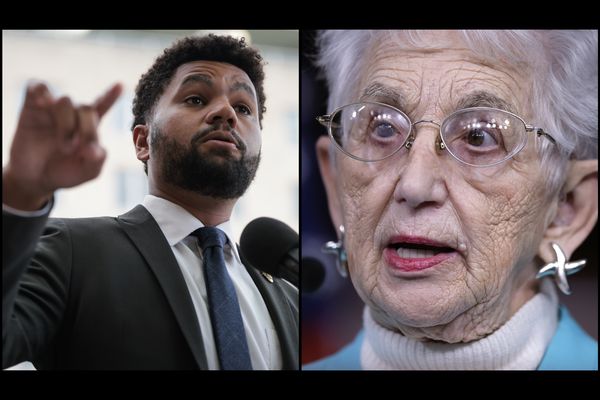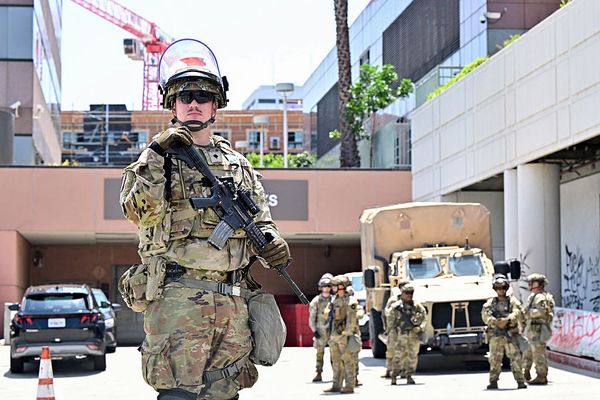
Serbia must continue talks with Kosovo on normalising ties in order to pursue European Union membership, President Aleksandar Vucic told parliament on Thursday, before scuffles broke out in the chamber as it debated the latest international peace plan.
"EU membership is of vital interest for us. One cannot function without allies," Vucic told a special parliament session.
Following Vucic's introductory remarks, opposition deputies who reject the plan scuffled with ruling party deputies forcing security to intervene.
The opposition deputies held banners reading "betrayal" and "no to capitulation".
Kosovo declared independence from Serbia in 2008, a decade after a guerrilla uprising against Belgrade's repressive rule. Over the past decade, the two have been holding normalisation talks under EU mediation, with a successful outcome key to realising the aspirations of both to join the wealthy bloc.
Last month Western envoys met leaders from both countries to try to convince them to sign an 11-point deal meant to defuse tensions lingering since their 1998-99 conflict.
Vucic told parliament the envoys warned that if Serbia did not accept the proposal, its EU membership talks would be halted and access to pre-accession funds and investments denied.
His statement showed Belgrade is distancing itself from traditional ally Russia, which vetoed Kosovo's membership in the United Nations.
Under the international plan, the two countries would have to open representative offices in each other's capitals and work on resolving outstanding issues.
Serbia would also not be required to recognise the independence of its former province, but would have to stop lobbying against Kosovo's membership in international bodies.
SERB-MAJORITY AREAS
Vucic said that the first step in the dialogues with Pristina would be the formation of a Kosovan association of Serb municipalities, as the two parties agreed in 2013.
Kosovo's highest court has said some parts of the deal were in violation of the constitution and must be changed.
Kosovo's Prime Minister, Albin Kurti, said that he might be willing to take into consideration the formation of the association, but only if it complies with Kosovo's constitution and does not limit itself on ethnic grounds.
He added that in order to form the association "the illegal structures of Serbia in the north (of Kosovo) are dismantled and all illegal weapons are handed over."
Around 100,000 Serbs live in Kosovo. Half of them live in the northern region bordering Serbia and they refuse to recognise Pristina institutions. They have their own administration and health care system.
(Reporting by Ivana Sekularac; Additional reporting by Fatos Bytyci in Pristina; Editing by Ben Dangerfield)







